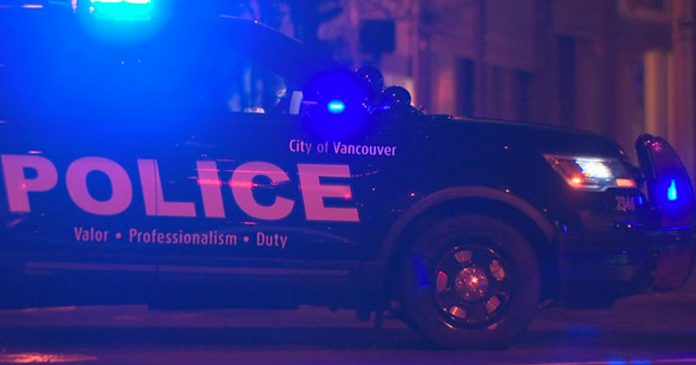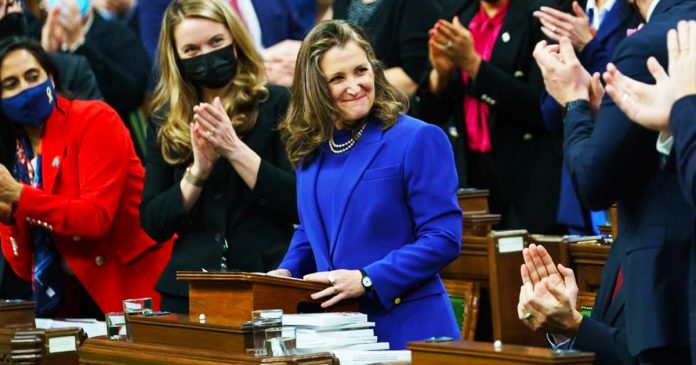Two Ontario high school students who have chosen not to get COVID shots have been banned from competing at a tournament hosted by the University of Waterloo, with two vaccinated students set to take their place.
In an interview with True North, Josiah and Chloe-Ann Kranenburg said they were informed they would be unable to compete in their school regional tournament on Apr. 20 because the university is sticking to its vaccination policy despite the government lifting vaccine passports on Mar. 1.
The Kranenburgs, who are siblings, attend Brantford Collegiate Institute and Vocational School and compete in badminton mixed doubles. Their school district’s regional tournament, held by the Central West Ontario Secondary Schools Association (CWOSSA), is hosted by the University of Waterloo.
Josiah said it was his coach who broke the news, first telling him on Mar. 29 that he would need to be vaccinated to compete, and then telling him later in the week that a vaccinated player would replace him.
Chloe-Ann told True North that she’d first heard word of the problem in the change room from her badminton partner.
Asked whether his coach and the administration were working to help the siblings’ situation, Josiah stated that “(h)e did the best that I think he could have done.”
“The coaches really couldn’t do much,” Chloe-Ann added.
They added that a CWOSSA organizer had tried to help as well.
Neither of the Kranenburgs’ coaches wanted to be named, and neither CWOSSA nor the University of Waterloo replied to True North’s request for comment.
True North was, however, able to obtain correspondence from the University of Waterloo sent in regard to the issue.
“Acting on advice from public health experts, instructions from government as well as legislation, and rooted in various relevant University policies, the University of Waterloo requires all students, employees and visitors to provide proof of being vaccinated against COVID-19 in any indoor facility such as Columbia Icefield gym or the Field House,” the correspondence reads.
“This proof of vaccination requirement remains in place until May 1, 2022 as part of the overall health and safety requirements of the University and in recognition of the continuing role of vaccination as a key defence in the ongoing management of COVID-19.”
The University of Waterloo has a track record of harsh vaccination policies, recently firing 49 employees for being unvaccinated.
The Kranenburgs said they had chosen not to get the COVID shots because they’d wanted to wait. Ontario schools have not required students to be vaccinated to attend.
“At the beginning, we weren’t sure about it, so we decided to wait and see if it was safe and effective,” Josiah said. “It’s been about a year since then, and we looked back, and we realized it probably was a good choice to not have gotten the vaccine.”
Chloe-Ann recounts social pressure to get vaccinated.
“My friends just kept asking me if I was vaccinated, and I kept saying no, and they just kept asking ‘why not’,” she said.
At the time this article was published, the badminton tournament remains at the University of Waterloo and the Kranenburgs have not been granted an exemption.
The brother and sister have requested that anyone who wants to help them can send an email to Waterloo’s community relations department ([email protected]).




























